Location-Based Services and Products (LBS) refer to a category of products that acquire and utilize geographic information through various technological means to provide related services to users. With the advancement of technology and the increasing demand for location information, LBS has experienced rapid development over the past few decades and has gradually become an indispensable part of modern life.
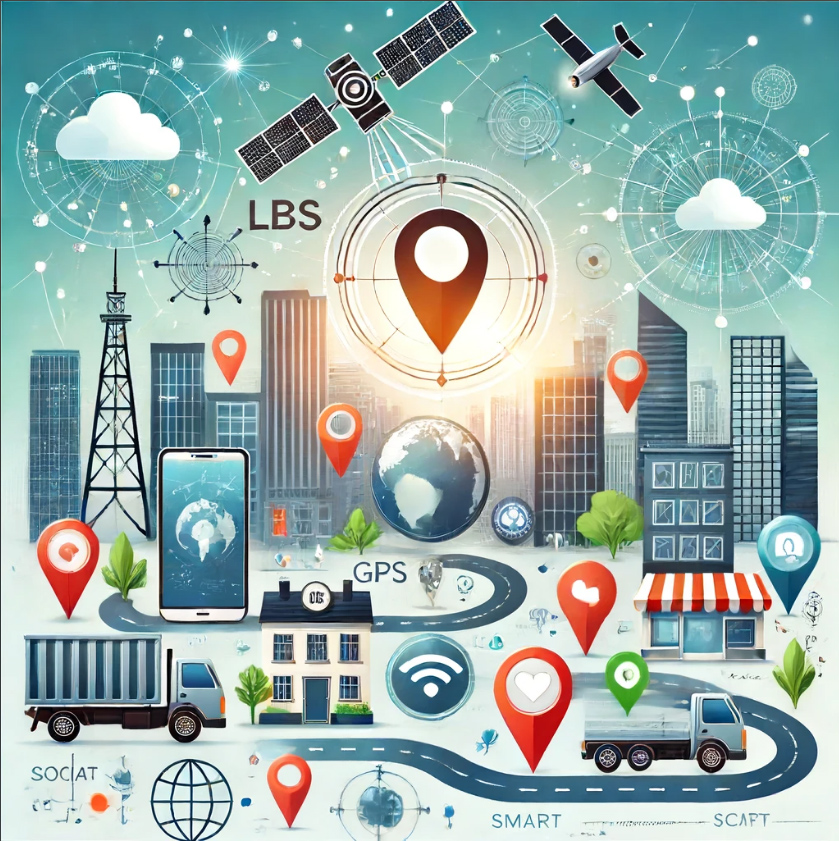
Early Development Stage
The development of LBS can be traced back to the 1980s when the Global Positioning System (GPS) was created, laying the foundation for the acquisition of location information. GPS was initially developed by the U.S. Department of Defense to provide accurate location information for military purposes. As the technology matured, GPS was gradually opened to civilian use, allowing the general public to utilize this technology to obtain their own location information.
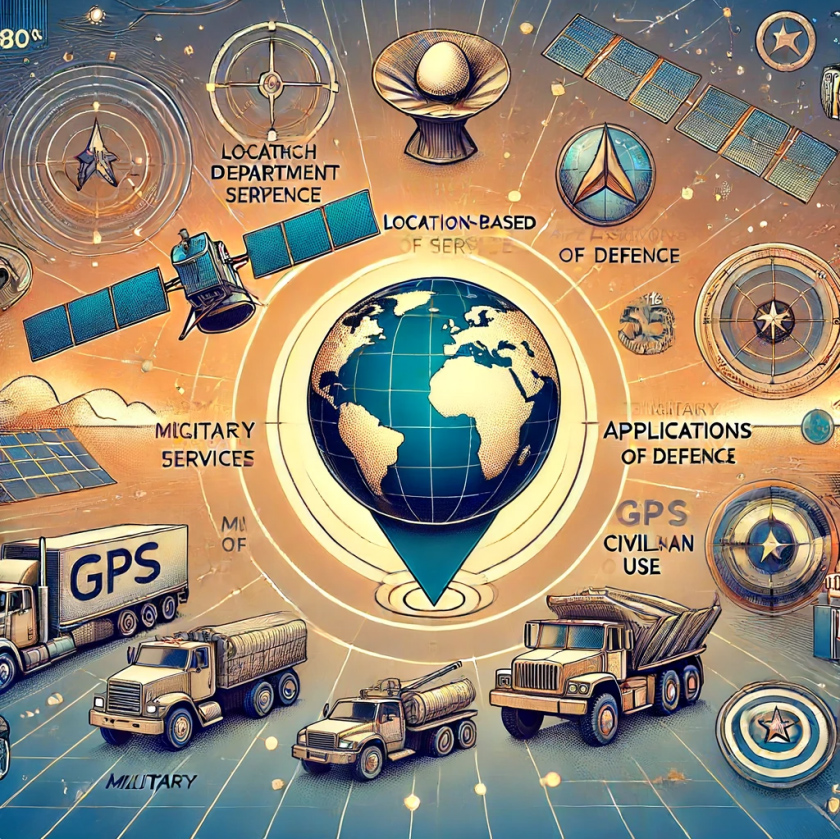
Technological Breakthroughs and Popularization
Entering the 21st century, with the rise of mobile internet and the proliferation of smartphones, LBS entered a new phase of rapid development. Smartphones equipped with built-in GPS modules and various sensors made the acquisition and utilization of location information more convenient and precise. Meanwhile, the widespread coverage of mobile internet allowed LBS to provide services to users anytime and anywhere.
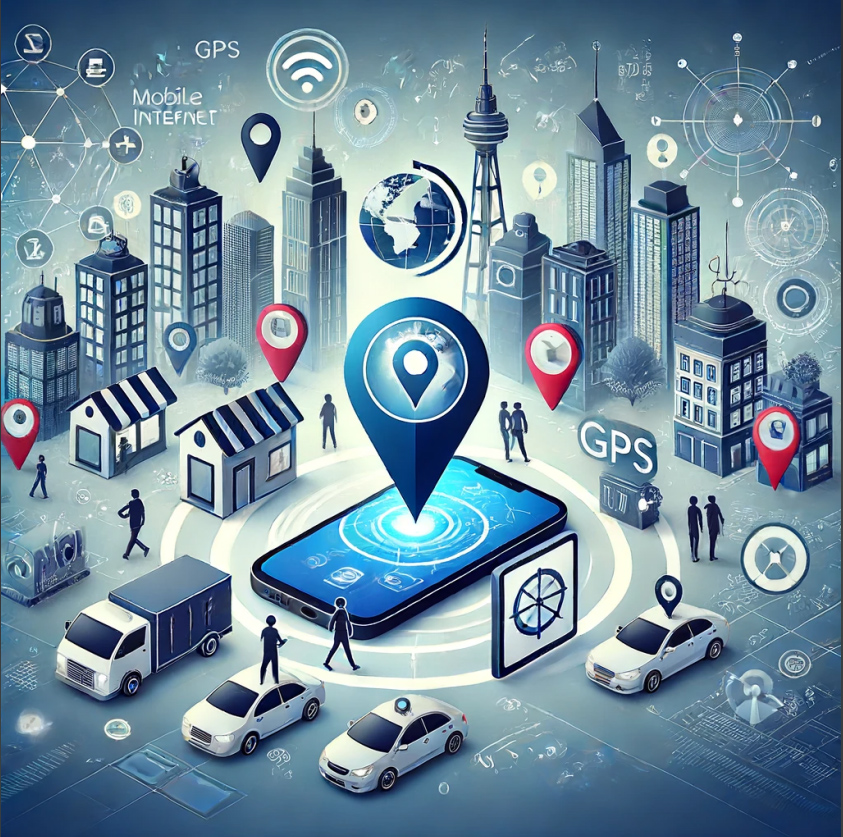
During this phase, various LBS applications emerged rapidly. The most typical examples are map navigation applications, such as Google Maps and Amap, which use GPS technology to provide users with real-time location, navigation, and route planning services. Additionally, social media platforms began integrating LBS functions, allowing users to share their locations and activities with friends through check-ins and geo-tagging.
Diversification of Commercial Applications
As LBS technology continued to mature, its application fields expanded continuously. Besides traditional navigation and social media, LBS has been widely used in commerce, logistics, public safety, and other sectors.

In the commercial field, LBS is used for precision marketing. By analyzing users’ location information and behavioral data, businesses can push personalized advertisements and promotional information to potential customers, thereby enhancing marketing effectiveness. In the logistics field, LBS is used for cargo tracking and vehicle dispatching, significantly improving logistics efficiency and management levels.
In the public safety sector, LBS is used for emergency rescue and disaster response. By quickly locating the positions of affected individuals, rescue teams can conduct rescue operations more efficiently. Additionally, LBS is also used in smart city construction, where real-time monitoring and data analysis help city managers better plan and manage urban resources.
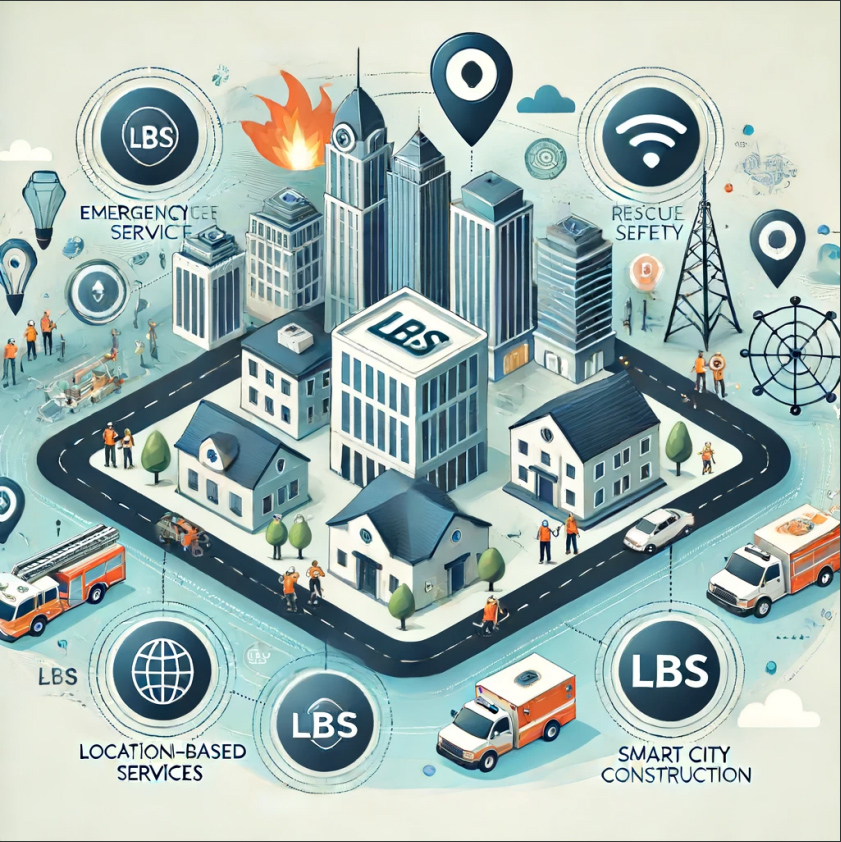
Challenges and Future Prospects
Despite the significant progress of LBS, challenges remain, particularly concerning privacy and security issues. LBS requires the acquisition and use of users’ location information, making the protection of users’ privacy and data security a critical issue. Additionally, LBS needs continuous improvement in accuracy and coverage to meet the needs of various complex application scenarios.
Looking ahead, with the further development of emerging technologies such as 5G, artificial intelligence, and the Internet of Things, LBS will embrace new opportunities. 5G technology will significantly enhance the speed and accuracy of location information transmission, artificial intelligence will provide LBS with more powerful data analysis and processing capabilities, More lOT device will be featured with location based seryic , further expanding its application scope.
EElink Communication is a national high-tech enterprise. Since its establishment in 2004, it has been committed to the research and production of mobile communication products in the IoT field. Its efficient and stable design capabilities and high-quality products have been recognized by professional customers worldwide.EElink Communication is dedicated to providing customers with:GPRS+GPS,GPRS+WCDMA+GPS,GPRS+LTE/CAT1/CATM1/NB1/+GPSGPRS+BEIDOU,GPRS+WCDMA+Beidou/Glonass/Galileo, OBDll vehicle loators , portable intelligent terminal devices for real-time temperature and humidity monitoring, and Bluetooth Beacon terminals. Additionally, it offers access services for IoT platforms for location and tracking, and smartphone APP clients.
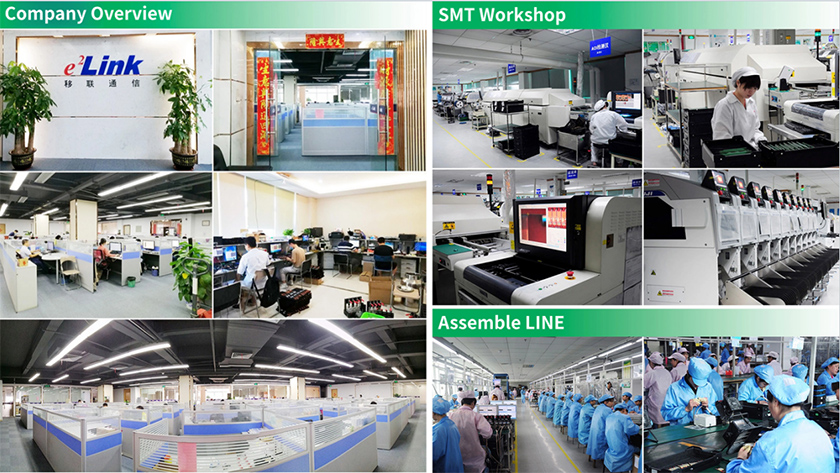
The brand advantages of EElink Communication lie in its continuous innovation capability and strict control over product quality. The company has a strong R&D team that can quickly respond to market demands, providing efficient and reliable solutions. Moreover,EElink Communication focuses on customer service, earning widespread trust and praise from customers through customized solutions and professional technical support.
